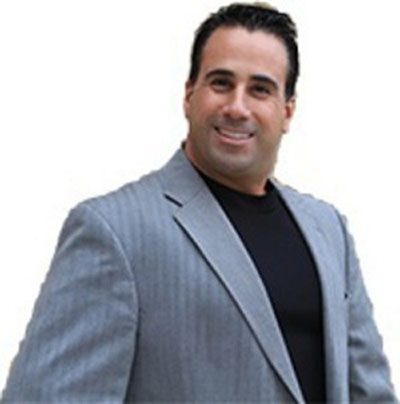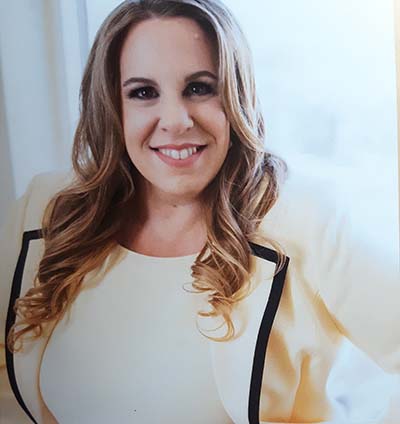Sometimes It’s Good To Draw Outside The Lines
Only the most rigid of non-empathic parents would watch their child bake a pretend cake and take it upon themselves to remind the child that it’s not really a cake – or watch a child color a picture of a horse and remind him or her that horses aren’t really blue, and “You’re also supposed to draw within the lines”. That type of criticism provides the child with a “Twofer” – as you are managing to destroy both self-confidence and creativity at the same time.
Raising a child is a difficult task, but competent and caring parents and teachers are able to teach the importance of rules and structure and organization while also encouraging creativity. Society needs both creatives to produce new products and services and technicians who can ensure that they operate effectively. But it doesn’t have to be an “either-or” matter, and too many of us don’t pay enough attention to our creative side. It is bad enough when an adult has stifled our creativity during childhood, but it’s really inappropriate for us to do it to ourselves.
Most school courses, college majors, and jobs require us to follow certain guidelines and rules that are necessary for our personal growth. But it is up to us to sometimes ask why can’t we do things differently or how much better would that picture be if we expanded it beyond the lines? It is up to us to not forget about our creative selves and maximize what we can accomplish – so long as we are not undermining our family or our job or somebody else’s rights.
Not all creative efforts turn out well. We can’t make horses blue and we can’t make people buy a product that solves a problem that they don’t think they have. To be in touch with the creative part of yourself requires a willingness to make mistakes. But everyday, someone creates something that makes life better for themselves – and sometimes that benefit extends to their family or their workplace or to their society or to the world. And on an individual basis, being able to be in touch with and use your creativity is also good for your self-confidence.



























Already a Member? Login Here.
Not Yet a Member? Join the Conversation Today!